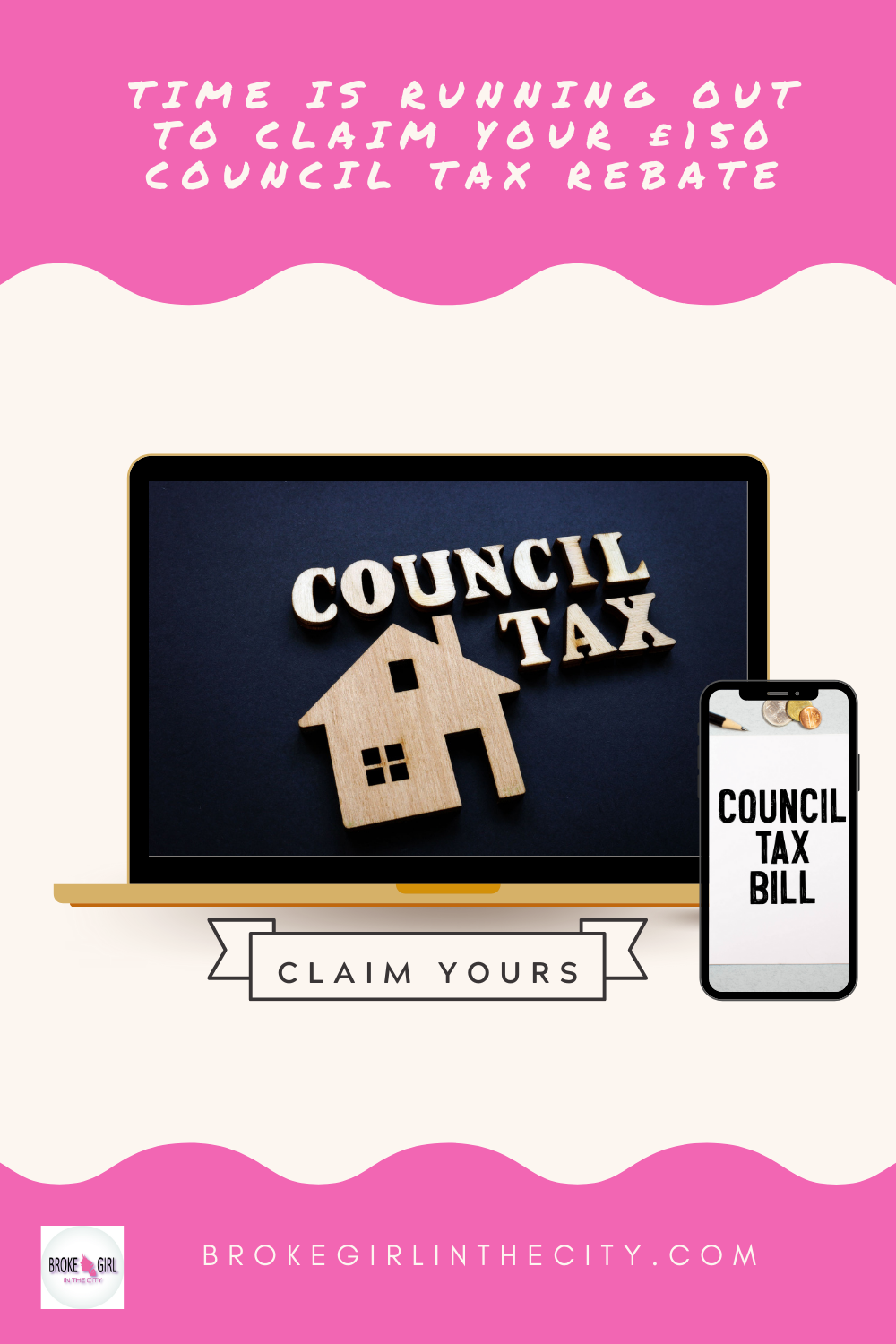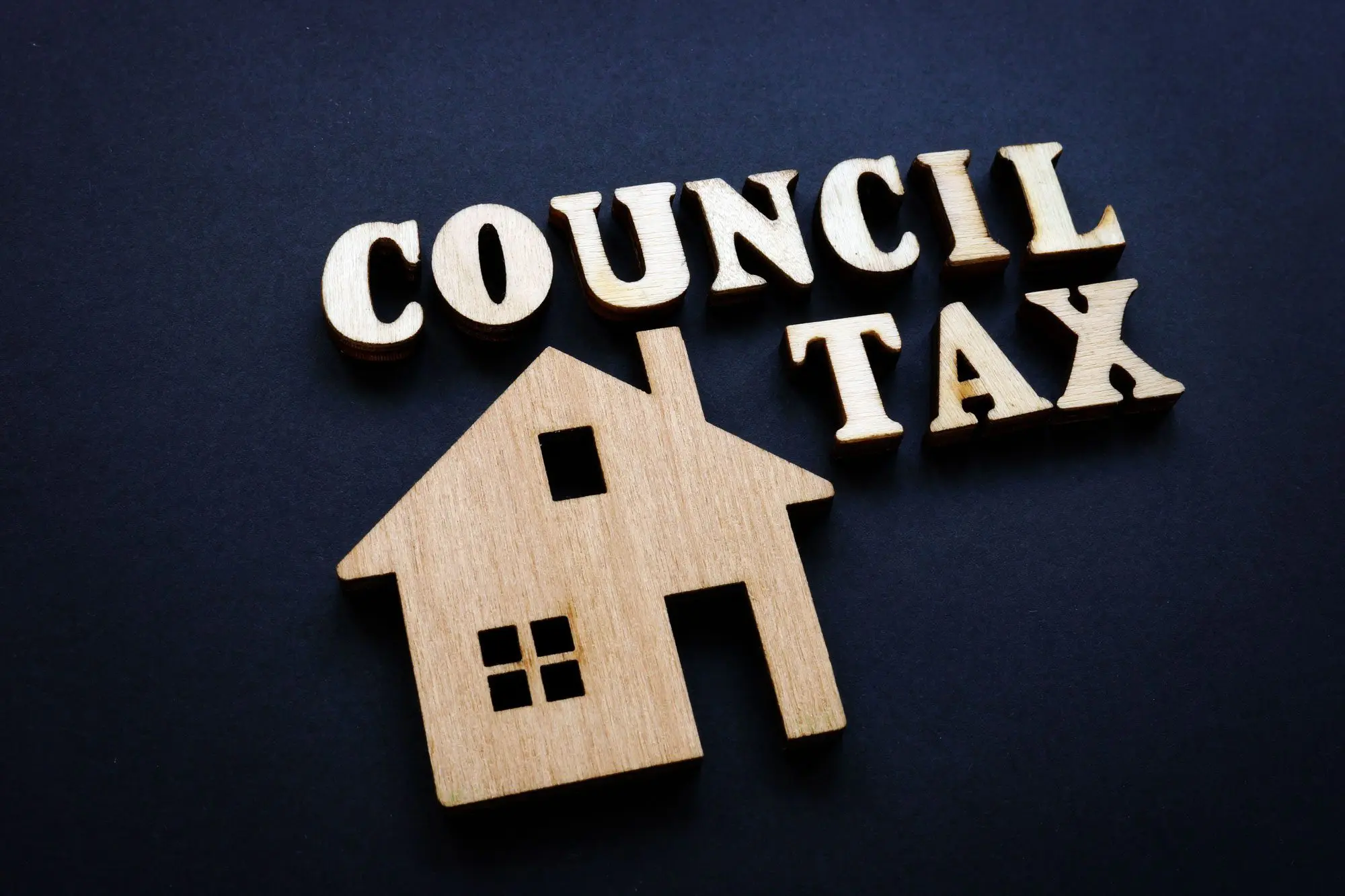
Time is running out! Spend 5 minutes now to automatically receive a £150 council tax rebate in April
The government has announced a package of support known as the Energy Bills Rebate to help households with rising energy bills, worth £9.1 billion in 2022-23. This includes a £150 council tax rebate for households in bands A to D.
This includes:
- A £200 discount on their energy bill this autumn for domestic electricity customers in Great Britain. This will be paid back automatically over the next 5 years.
- A £150 non-repayable rebate for households in England in council tax bands A to D, known as the Council Tax Rebate.
- £144 million of discretionary funding for billing authorities to support households who are in need but are not eligible for the Council Tax Rebate, known as the Discretionary Fund
Council Tax Rebate
Properties in council tax bands A – D in England will qualify for this one-off payment that doesn’t need to be paid back. It is under the Government’s £3 billion scheme to help households through the current cost of living crisis.
Households that pay via direct debit will see the payment automatically land in their bank accounts. While people who don’t pay via direct debit will need to apply for the rebate instead.
Making payments
Payments should be provided directly from billing authorities to eligible households. Only one £150 payment should be made per household, regardless of the number of occupants or liable council taxpayers.
Where multiple residents of an eligible household are jointly and severally liable for council tax, and a council holds live direct debit instructions for that household. The full £150 payment should be made to the direct debit account.
Set up a direct debit to receive your rebate quicker
The Local Government Association (LGA) estimates that around 1 million households do not pay their council tax bill by direct debit. As a result, those people will find it more difficult to receive their rebates.
Where a council does not hold live direct debit instructions for an eligible household. The government expects them to make all reasonable efforts to contact the household as early as possible to make them aware of the scheme and invite them to make a claim.
A recent survey by KIS Finance found that 57% of Brits are struggling with day-to-day living costs, and 30% anticipate financial problems in the near future. So this is something that many can not afford to miss out on.
Holly Andrews, Managing Director at KIS Finance and finance expert highlights the importance of setting up a direct debit with your council.
“Around 4 in 5 households will benefit from this one-off council tax rebate, so it’s really important that you spend 5 minutes now to set up a direct debit with your council in order to receive the money automatically.
If you’re not paying by direct debit then you will have to wait for your council to contact you. Then apply for the rebate instead which will see a delay in your receiving the payment.
In a time when all of our wallets are stretched to the absolute max. You really don’t want to miss out on this unexpected bonus.
It can take up to 14 days for your council to set up the direct debit. So you need to do this urgently if you want the payment to be made automatically in April. This is because your council will need to have your bank details on file in order to make the payment.
How to set up a direct debit
Setting up a council tax direct debit is easy! All you need to do is go to your council’s website and change how you pay your council tax bill. You can set this up to go out over 10 or 12 payments across the year. I personally opt for 12 payments to keep monthly payments as low as possible. It’s also easier to manage with multiple people in a household.
Use your postcode to find your local council
You can use your postcode to search on the GOV.UK website but your bills should come from your local council.
The Discretionary Fund
Councils can determine locally how best to make use of this funding to provide payments to other households who are energy bill payers but not covered by the Council Tax Rebate. This could include households living in a property valued in bands E to H that are on income-related benefits. Or those where the energy bills payers are not liable for council tax.
Occupants of class M (student halls) are unlikely to be eligible for discretionary support unless they are exposed to rising energy prices in a similar way to other households.
Discretionary support should not be offered to occupants of property in exemption class O, where the Ministry of Defence will provide the cost of living support.
Councils are not able to provide additional support to an individual from a household that has already received a payment under the Council Tax Rebate. Support from the Discretionary Fund should consist of no more than £150 per household.
Allocations from the discretionary fund should be spent by 30 November 2022. Any remaining funding will be required to be repaid to the government.
How these payments are calculated
All payments made under the Council Tax Rebate or Discretionary Fund are to be treated as local welfare provisions. Therefore they will not be taken into account in the calculation of income-related benefits. For Universal Credit, the Department of Work and Pensions will legislate to ensure payments are disregarded. DWP will write separately to councils to confirm this approach.
All payments made under the Council Tax Rebate or Discretionary Fund are non-taxable. Recipients do not need to inform HMRC of the amounts received. Those who are self-employed do not need to report the amounts on their Self Assessment tax returns. As these payments are non-taxable they do not impact tax credits. Tax credit claimants do not need to report these payments as income to HMRC.

